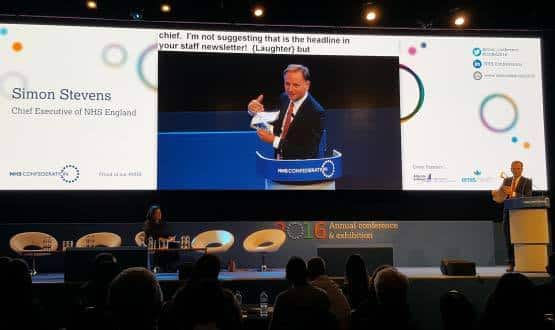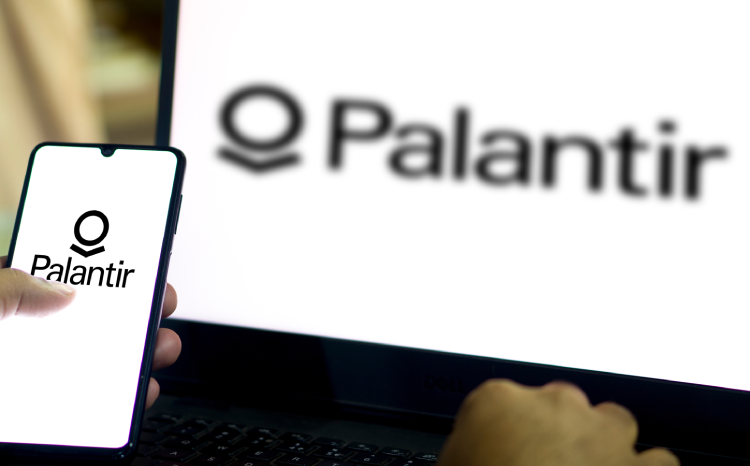Simon Stevens promises med tech tariff in grim speech
- 17 June 2016

NHS England chief executive Simon Stevens has indicated that the commissioning board will introduce a ‘med tech’ tariff to support the introduction of innovations to the health service.
Giving the final keynote speech to the NHS Confederation’s annual conference, Stevens said the move would make it easier for organisations to take up new products without negotiating a price for doing so with their commissioners each time.
As an example of the kind of innovation he had in mind, Stevens held up a mobile and said: “This is an iPhone, but it is also an ECG machine”. He said 2 million people have heart conditions, and smartphone monitoring could both help them and save the NHS substantial amounts of money.
However, as another example, he cited a simple tube in use in Birmingham that helps to prevent ventilated patients getting infections. Firms will be encouraged to bid to be included in the tariff this summer.
Stevens has been a long-term supporter of the use of technology in the health service, having been a government special advisor when the National Programme for IT was set up.
The ‘Five Year Forward View’ that Stevens published in October 2014, which is aimed at closing a £30 billion gap between demand and funding by 2020-21, encourages the NHS to adopt technology as part of its attempts to cut demand by improving health and to support radically new ways of working.
Subsequently, Stevens has personally supported the launch of ‘innovation test beds’ to try out new technologies. He has also backed the creation of local digital roadmaps to complete the digitisation of hospitals and the wider sustainability and transformation plans that local health economies should have in place by the end of this month.
He argued that the new med tech tariff would be a positive addition to this mix. “Clinicians will be up for this, it helps patients, and it is a much more positive way to talk about modernising services than constantly just taking money out of them by conventional means.”
This year’s annual get together of policy makers and senior NHS managers has been dominated by the financial crisis, with successive keynote speakers warning that despite the massive acute sector deficit, the health service will be expected to maintain quality and access while living within its means.
Stevens was no exception, and in fact went further. He effectively warned the acute sector that politicians would be looking for tough action to reduce or eliminate last year’s £2.4 million deficit once the period of ‘purdah’ that is preventing detailed policy announcements being made ahead of the EU referendum ends on 23 June.
Over the course of a 45 minute speech, he also reiterated repeatedly that the NHS had secured the best financial settlement that was obtainable at the end of last year’s spending review, that there is no more money coming. He might not even support further cash for the NHS because social care needed it more, he said.
Instead, he said, the task facing NHS managers was to stabilise finances, to tackle the Carter review and variations agendas, and to complete the STP process so they could get into the tough work of changing services.
He told the conference that the 44 STP areas are likely to arrive at the end of June deadline for submitting their STPs in variable condition; and that NHS England was expecting to sign off on their plans in waves over the summer and autumn, depending on how much further input they needed.
Towards the end of a conference that has run choir and yoga sessions, Stevens acknowledged that managers were not in for an easy time. “The big thing is, if not now, when?” he asked at one point. “We have known about many of the problems that we are now trying to tackle for years, but now that our backs are against the wall, I say again: if not now, when?”




